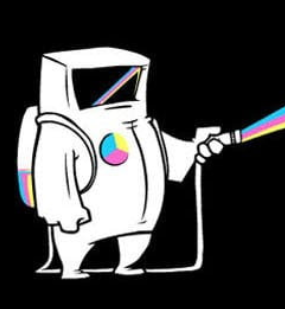inb4 “Baby, don’t hurt me.”
But for real…what do people mean when they say “I love you,” or “Do you love them?” I’m really confused by this because love seems to have such a varying definition. People say love for all sorts of things, and it seems like everyone else understands which definition they’re using in the moment. Here are some examples in which each one has a different meaning:
- I love pancakes.
- I love my mother.
- I love my romantic partner.
- I love my best friend.
- I love my career.
- I love going to the beach.
- My dog loves me.
- That couple is in love.
- Where is the love?
Background: I recently saw an episode of a show (spoiler below) where there was an adolescent heterosexual couple. The girl had a female best friend that she kissed, and is now confused about what she wants. She told her boyfriend about it. The boyfriend then asked her, “Do you love her?” What is he asking? If love means attachment and care, then clearly she does because that’s her best friend. However, since that is so clear, he’s not asking that. What is he asking??
Another specification is when people ask “Do you love them, or are you in love with them?”
I am confused by this term and the whole concept in general. I think I could really use some clarification, examples, or how to know which definition someone is going with when they use it.
Name of show
The show is Atypical on Netflix.


Different cultures have different takes but greek and Latin define different forms of love. From impulsive maddening love (why cupids arrow was seen so harmful) to dutiful love (the kind made through obligations made through shared commitments and aspirations) to brotherly love (trauma bonds, solidarity, commitment made from shared respect). There is also paternalistic love formed from empathy and a desire to protect. And of course love to describe the deep joy something gives you and desire to have it again.
When they ask “do you love her?” Based on the context I assume either or both love as a desire for the other or dutiful love, because both can be consuming for many and mean they would struggle to have that the capacity to share that same level of love with their current partner.
If they don’t and it was an act of lust* or curiosity then they’re partner may feel more comfortable with the commitment to them.